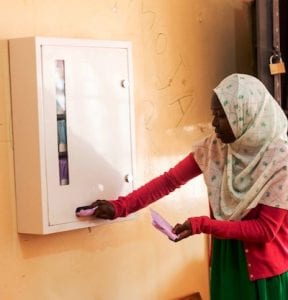
Agriculture
August 14, 2024
EsVendo Sanitary Vending Machine
Read SolutionImplemented by
Esther Mwangi, EsVendo
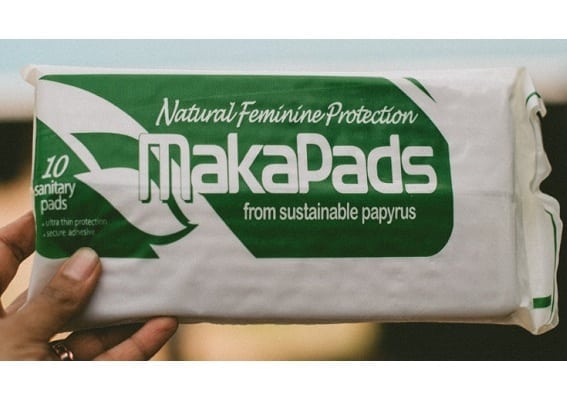
Updated on December 19, 2023
·Created on August 27, 2015
MakaPads are biodegradable sanitary pads made in Africa from papyrus reeds.
MakaPads are biodegradable sanitary pads made in Africa from papyrus reeds. They are the only trademarked biodegradable sanitary pads made in Africa.
Target SDGs
SDG 3: Good Health and Well-Being
Market Suggested Retail Price
$0.68
Target Users (Target Impact Group)
Household
Distributors / Implementing Organizations
Technology for Tomorrow Ltd.
Regions
Africa
Countries
Sierra Leone, Uganda
Manufacturing/Building Method
Mass produced at three MakaPad factories in Kawempe-Kampala, Soroti district and Kyaaka II refugee settlement in Mubende district in Uganda. Production, by design, is largely manual so as to offer employment. Over 70% of production cost is labor. The three factories can produce half a million pads every month.
Intellectural Property Type
Trademark
User Provision Model
Relief agencies and humanitarian organizations (ex. UNHCR) can acquire the MakaPads directly from the manufacturer. Makapads are delivered in Kampala within 3-10 days after 100% down payment. MakaPads can be delivered in 100 packet boxes, anywhere in East Africa; extra shipping costs apply.
Distributions to Date Status
UNHCR buys 2,200,000 MakaPads from T4T annually since 2011. According to staff, at least 200,000 women are using MakaPads every month.
Absorbency types
Normal and super
Absorbent base materials
Papyrus reed
Usability Features
Can be purchased with or without an adhesive
Design Specifications
MakaPads are made from papyrus and paper waste and are chemical free. The papyrus fibers are beaten, dried and softened manually. They are assembled with a moisture barrier and mesh covering. One pad can be used for 8 to 10 hours. MakaPads can be purchased with or without an adhesive that slips into knickers with special elastics to hold the pad in place.
Technical Support
Provided by manufacturer
Replacement Components
None
Lifecycle
Single use product
Manufacturer Specified Performance Parameters
One pad can be used for 8 to 10 hours. Available in regular and super absorbency. MakaPads are 95% biodegradable.
Vetted Performance Status
Performance vetted by several national, regional and international agencies including Ugandan Bureau of Standards. For a pad to meet international standards, it must have at least four minimum attributes. It must have a separate absorbent layer, be wrapped in a non-woven material, have a plastic piece to prevent accidents, and have stickers to hold it.
Safety
Pad should not be used beyond the recommended time period of 8 to 10 hours.
Complementary Technical Systems
None
Academic Research and References
Study on menstrual management in Uganda., Aug. 2013.
J. Hennegan, C. Dolan, M. Wu, L. Scott, and P. Montgomery, Schoolgirls’ experience and appraisal of menstrual absorbents in rural Uganda: a cross-sectional evaluation of reusable sanitary pads. Reprod. Health, vol. 13, no. 1, pp. 1–12, Dec. 2016, doi: 10.1186/s12978-016-0260-7.
G. Miiro et al., Menstrual health and school absenteeism among adolescent girls in Uganda (MENISCUS): A feasibility study. BMC Womens. Health, vol. 18, no. 1, pp. 1–13, Jan. 2018, doi: 10.1186/s12905-017-0502-z.
Compliance with regulations
Certified by the Uganda National Bureau of Standards
Evaluation methods
Field trials
Other Information
MakaPads is a Second Prize Winner of the empowering people award

Agriculture
August 14, 2024
Implemented by
Esther Mwangi, EsVendo
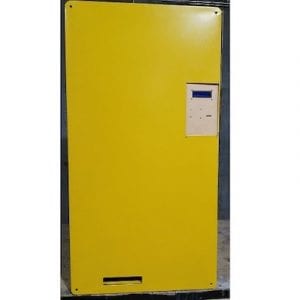
Agriculture
February 21, 2024
Implemented by
Inteco
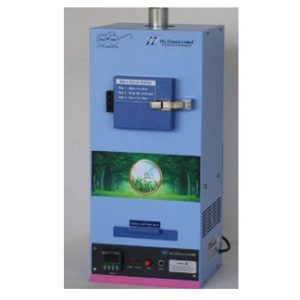
Agriculture
January 10, 2024
Implemented by
HLL Lifecare Limited
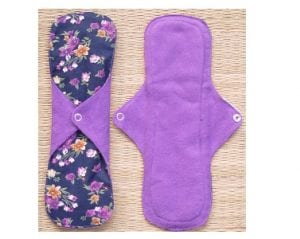
Agriculture
December 18, 2023
Implemented by
Eco Femme
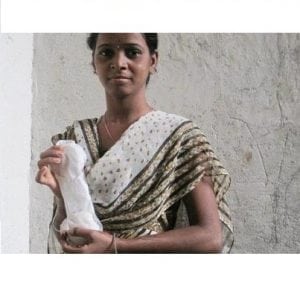
Agriculture
February 5, 2024
Implemented by
Saathi
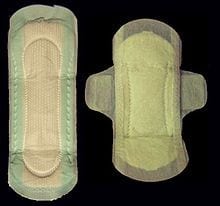
Agriculture
February 5, 2024
Implemented by
Zana Africa
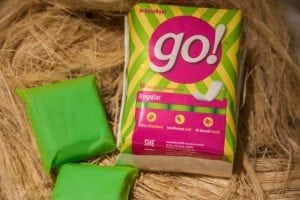
Agriculture
December 18, 2023
Implemented by
Sustainable Health Enterprise (SHE)
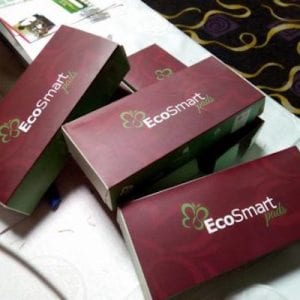
Agriculture
February 21, 2024
Implemented by
EcoSmart
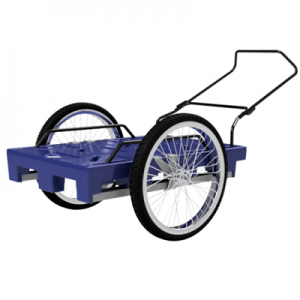
Agriculture
June 23, 2024
Implemented by
LoooP Creative Ltd
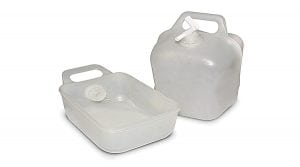
Agriculture
January 10, 2024
Implemented by
NRSRelief
Have thoughts on how we can improve?
Give Us Feedback